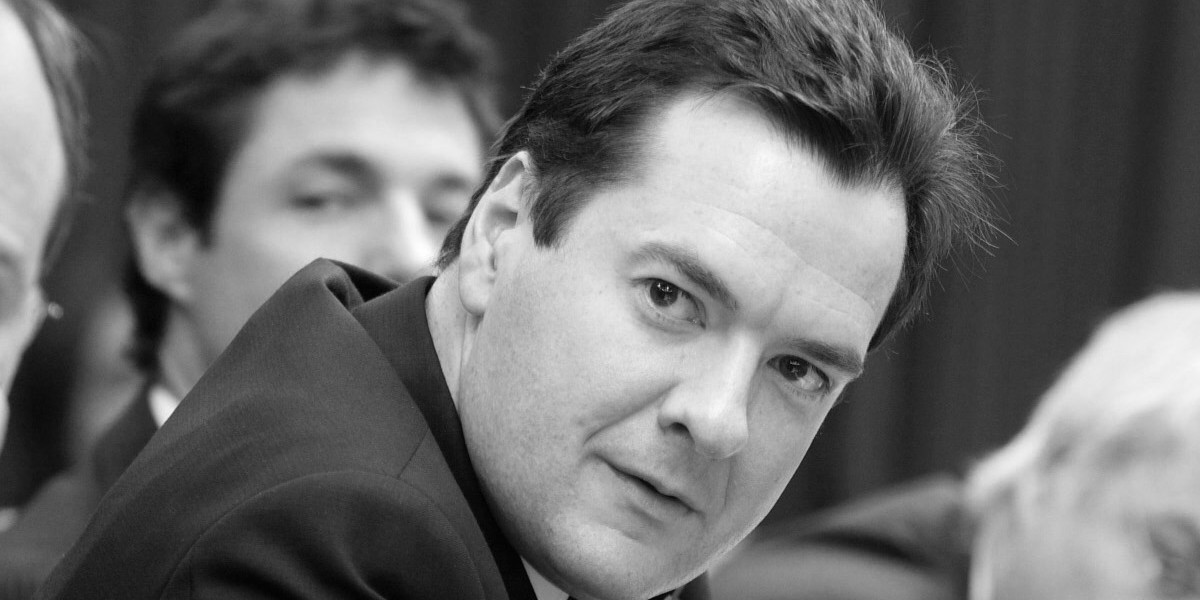The folly of Osbornomics
Over the weekend it was reported that Iain Duncan Smith had complained to the BBC, accusing them of following Ed Miliband and Ed Balls's “reading of the economy”. In a particularly lurid image, the Secretary of State for Work and...
Over the weekend it was reported that Iain Duncan Smith had complained to the BBC, accusing them of following Ed Miliband and Ed Balls’s “reading of the economy”. In a particularly lurid image, the Secretary of State for Work and Pensions accused the broadcaster’s economics reporting of “peeing all over British industry”.
But figures released today suggest the government is doing more of this than the Beeb. Data on Public Sector Net Borrowing (PSNB) shows that the health of the public finances has deteriorated dramatically, and casting serious doubt on the government’s capacity to sustain its economic mandate in a credible way.
In contrast to this time last year when PSNB recorded a £2.8bn surplus, today’s figures from the Office for National Statistics show a deficit of almost £600m. In the month that corporation tax receipts have fallen, spending on unemployment and sickness benefits have risen to around £16bn, leading to a gap in the figures. Even with the bounce predicted as a result of Olympics ticket sales, puts in question George Osborne’s ability to meet the Office for Budget Responsibility’s borrowing target of £120bn for 2012/13.
It is becoming increasingly clear that the government has created its own crisis through the dogmatic refusal to change course in the face of overwhelming evidence: low demand, high unemployment and deflated business confidence. As the economists that once championed ‘Osbornomics’ highlight the need for active use of the government’s balance sheet, popular opinion as well as coalition partners are turning against today’s treasury view.
Today’s disappointing figures are explained by the continued mess of the government’s deficit reduction strategy. Last month the Prime Minister glossed as a success the fact that the government had “already” got the deficit down by a quarter. He failed to mention that this pace of reduction reflects broadly that which the opposition outlined in 2010. At the time David Cameron predicted this slower pace of deficit reduction would result in economic chaos, akin to that of the southern states of the European Union.
The emerging recovery inherited by the coalition in 2010 has nosedived into a double-dip recession by wilful neglect of the economic evidence. With unemployment high and output depressed, the UK’s output is unlikely to return to 2008 levels until 2014. As the National Institute Economic Review published in October argued, we are not in ‘normal’ economic times but a depression, which on some measures is longer than that of the 1930s. This recognition introduces significant danger into the process of fiscal tightening.
Coalition ministers point blame at anybody but themselves. But as the excuses become more erratic the case in favour of Will Hutton’s recent pronouncement becomes more difficult to ignore: “George Osborne is the worst of all the British chancellors I’ve known”.
